Add to Wishlist
Advances in Cattle Welfare
By Ash Newman
Publisher: Alexis Press LLC
$135.00
ISBN 13: 979-8-89143-025-9
YEAR: 2024
eBOOK
Instant Delivery
SKU:
ALX-AG-025-9
Category:
Agriculture
Additional information
| Access Type | Download eBook, Read Only |
|---|
Be the first to review “Advances in Cattle Welfare” Cancel reply
You must be logged in to post a review.
Purchase now to read the book online.
Select optionsRelated products
Disciplines In Agriculture
By Willy Osborn
$135.00
Agricultural science is a broad multidisciplinary field of biology that encompasses the parts of exact, natural, economic, and social sciences that are used in the practice and understanding of agriculture. Professionals of agricultural science are called agricultural scientists or agriculturists.
Disciplines In Agriculture
By Willy Osborn
$135.00
Agricultural science is a broad multidisciplinary field of biology that encompasses the parts of exact, natural, economic, and social sciences that are used in the practice and understanding of agriculture. Professionals of agricultural science are called agricultural scientists or agriculturists.
Introduction To Agroecology: Principles And Practices
By Avery Clark
$135.00
Agroecology is defined by the OECD as "the study of the relation of agricultural crops and environment." Dalgaard et al. refer to agroecology as the study of the interactions between plants, animals, humans, and the environment within agricultural systems. Francis et al. also use the definition in the same way but thought it should be restricted to growing food.
Introduction To Agroecology: Principles And Practices
By Avery Clark
$135.00
Agroecology is defined by the OECD as "the study of the relation of agricultural crops and environment." Dalgaard et al. refer to agroecology as the study of the interactions between plants, animals, humans, and the environment within agricultural systems. Francis et al. also use the definition in the same way but thought it should be restricted to growing food.
Advances in Agronomy
$135.00
Agronomy is the science and technology of producing and using plants by agriculture for food, fuel, fiber, chemicals, recreation, or land conservation. Agronomy has come to include research in plant genetics, plant physiology, meteorology, and soil science. It is the application of a combination of sciences such as biology, chemistry, economics, ecology, earth science, and genetics. Professionals of agronomy are termed agronomists.
Advances in Agronomy
$135.00
Agronomy is the science and technology of producing and using plants by agriculture for food, fuel, fiber, chemicals, recreation, or land conservation. Agronomy has come to include research in plant genetics, plant physiology, meteorology, and soil science. It is the application of a combination of sciences such as biology, chemistry, economics, ecology, earth science, and genetics. Professionals of agronomy are termed agronomists.
Agricultural Resources
By Nicky Harvey
$135.00
Agricultural resources means the land and on-farm buildings, equipment, manure processing and handling facilities, and processing and handling facilities that contribute to the production, preparation, and marketing of crops, livestock, and livestock products as a commercial enterprise, including a commercial horse boarding operation, a timber operation, compost, mulch or other biomass crops, and commercial equine operation.
Agricultural Resources
By Nicky Harvey
$135.00
Agricultural resources means the land and on-farm buildings, equipment, manure processing and handling facilities, and processing and handling facilities that contribute to the production, preparation, and marketing of crops, livestock, and livestock products as a commercial enterprise, including a commercial horse boarding operation, a timber operation, compost, mulch or other biomass crops, and commercial equine operation.
Organic Farming and Gardening: Systems and Approaches
By Ash Harris
$135.00
Organic farming – an alternative agricultural system that relies on fertilizers of organic origin such as compost, manure, green manure, and bone meal and places emphasis on techniques such as crop rotation and companion planting. Biological pest control, mixed cropping, and the fostering of insect predators are encouraged. In general, organic standards are designed to allow the use of naturally occurring substances while prohibiting or strictly limiting synthetic substances.
Organic Farming and Gardening: Systems and Approaches
By Ash Harris
$135.00
Organic farming – an alternative agricultural system that relies on fertilizers of organic origin such as compost, manure, green manure, and bone meal and places emphasis on techniques such as crop rotation and companion planting. Biological pest control, mixed cropping, and the fostering of insect predators are encouraged. In general, organic standards are designed to allow the use of naturally occurring substances while prohibiting or strictly limiting synthetic substances.
Agriculture In Society
By Noel Frye
$135.00
Agrarian societies are dependent upon agriculture and have been around for more than 5,000 years. Imagine a society of farmers and you'll have a pretty good idea of what an agrarian society is all about. An agrarian society is a society whose economy and wealth are primarily based upon agriculture. Agrarian societies have been around for at least five thousand years. In fact, they still exist today. Nearly every civilization has spent some time as an agrarian society. The ancient Egyptian, Indian, Chinese, and Mayan societies were agrarian. Today, the poorest of the lesser-developed countries are pretty much agrarian societies.
Agriculture In Society
By Noel Frye
$135.00
Agrarian societies are dependent upon agriculture and have been around for more than 5,000 years. Imagine a society of farmers and you'll have a pretty good idea of what an agrarian society is all about. An agrarian society is a society whose economy and wealth are primarily based upon agriculture. Agrarian societies have been around for at least five thousand years. In fact, they still exist today. Nearly every civilization has spent some time as an agrarian society. The ancient Egyptian, Indian, Chinese, and Mayan societies were agrarian. Today, the poorest of the lesser-developed countries are pretty much agrarian societies.
Prominent Agricultural Scientists
By Brice Powell
$135.00
Agricultural Scientist is the one who is a specialist in analyzing farming methods and food production methods to enhance safety and crop yield. Through research, an agricultural scientist works on new and innovative ways to increase the quality of food grown and supplied. In complete coordination with the scientific community and policy-makers, an agricultural scientist reaches the solution.
Prominent Agricultural Scientists
By Brice Powell
$135.00
Agricultural Scientist is the one who is a specialist in analyzing farming methods and food production methods to enhance safety and crop yield. Through research, an agricultural scientist works on new and innovative ways to increase the quality of food grown and supplied. In complete coordination with the scientific community and policy-makers, an agricultural scientist reaches the solution.
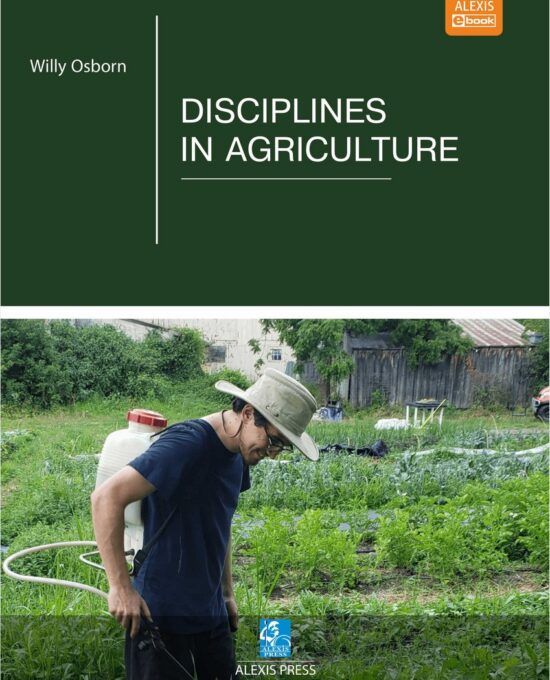
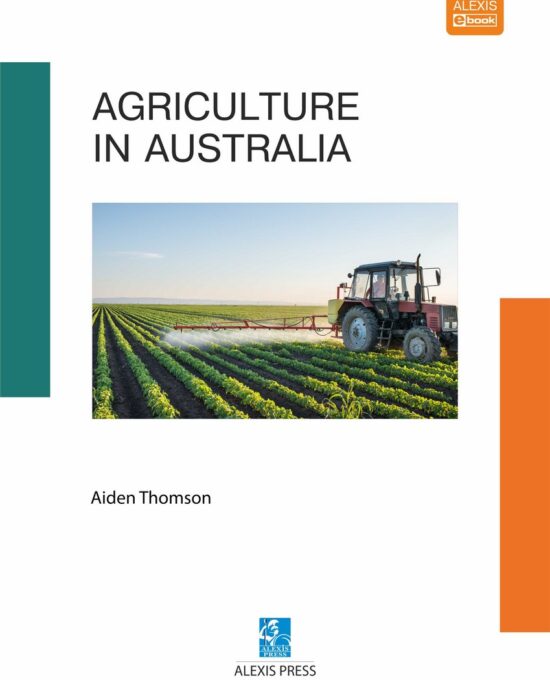
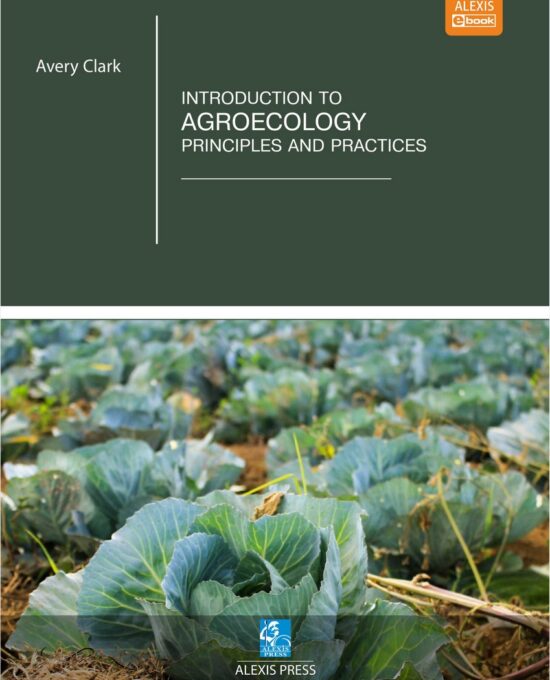
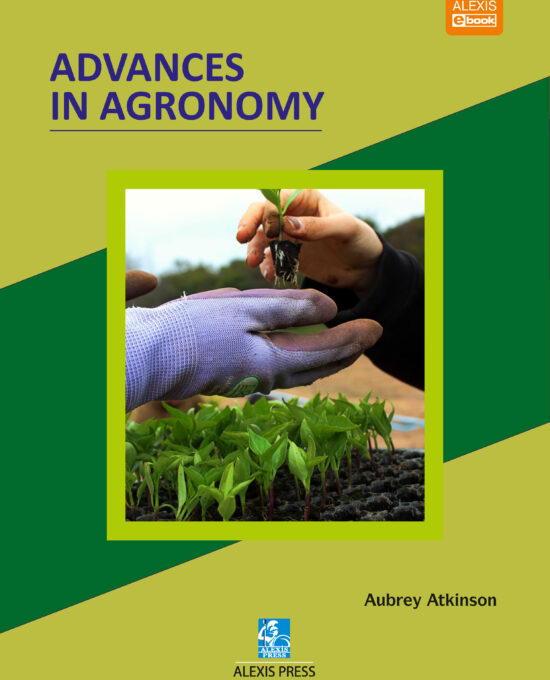
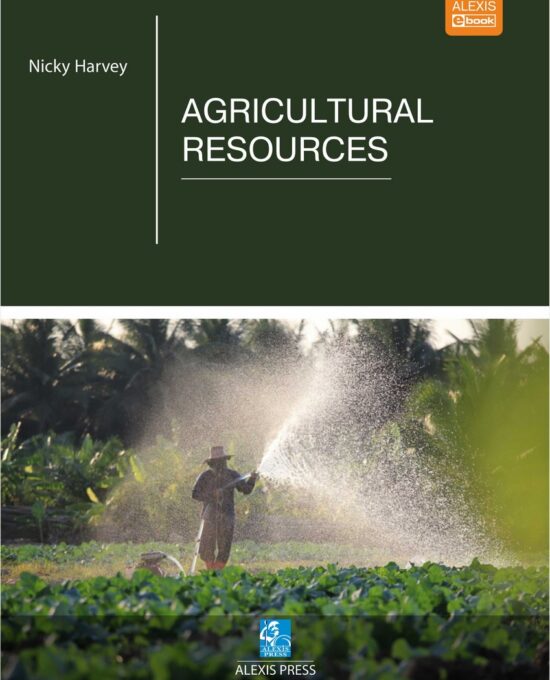

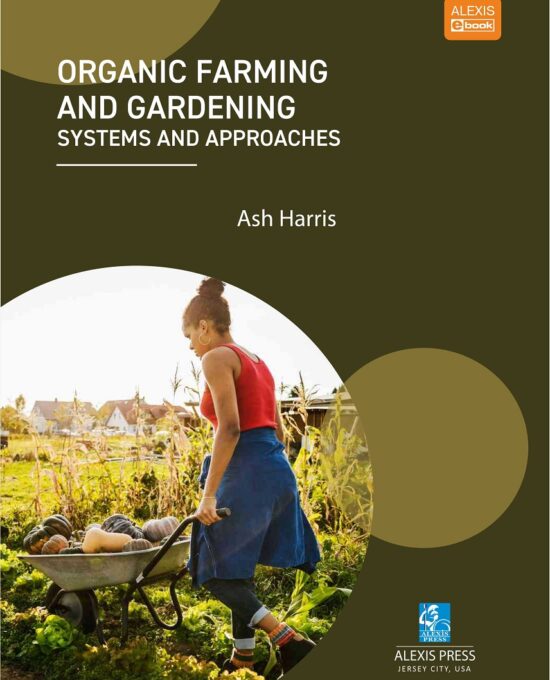

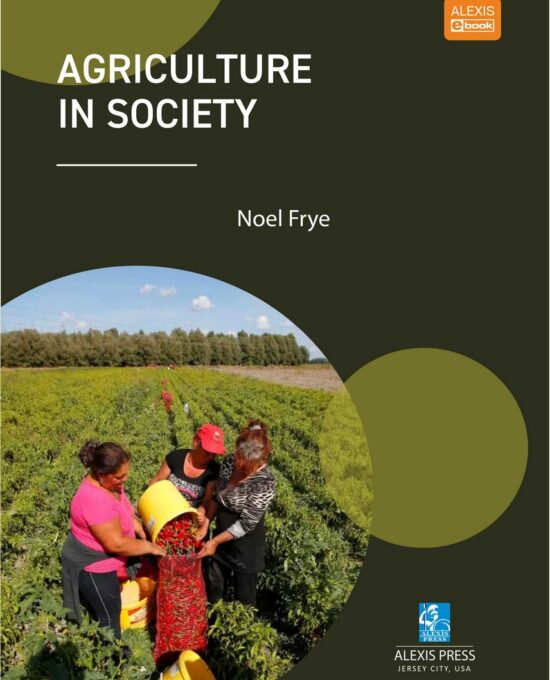

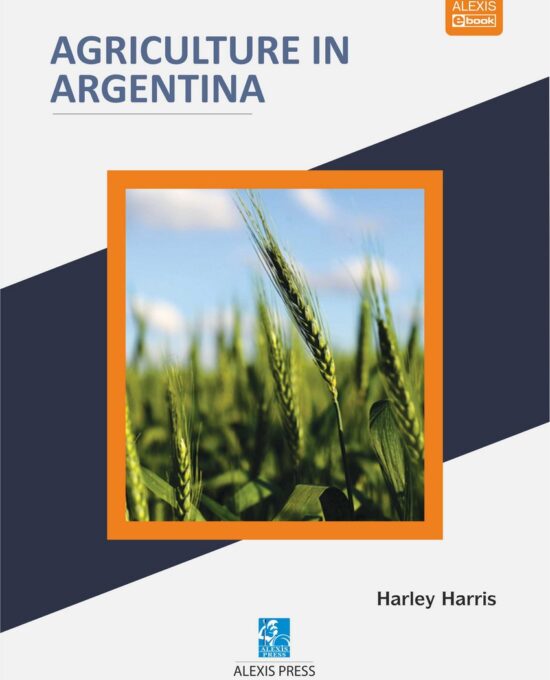
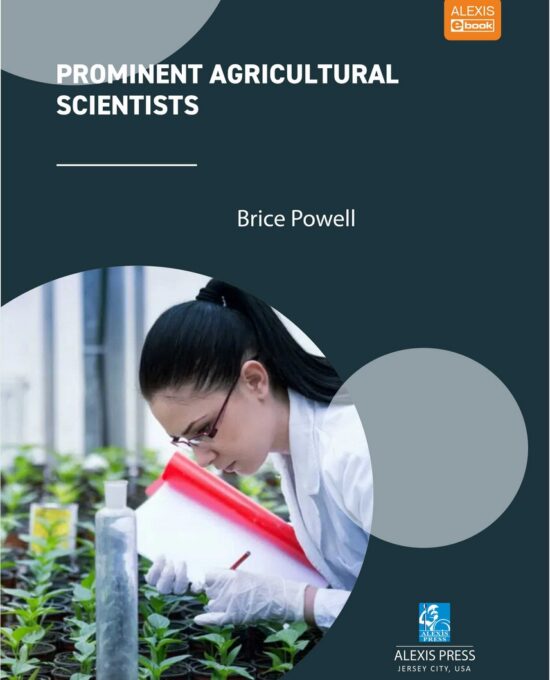
Reviews
There are no reviews yet.